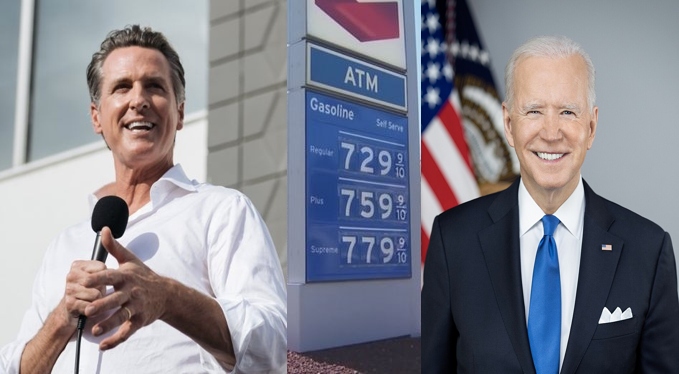California is considering a significant increase in gasoline prices, with a proposed overhaul of fuel regulations potentially adding up to 47 cents per gallon. The move aims to align with the state’s climate goals but raises concerns about the burden on low-income drivers.
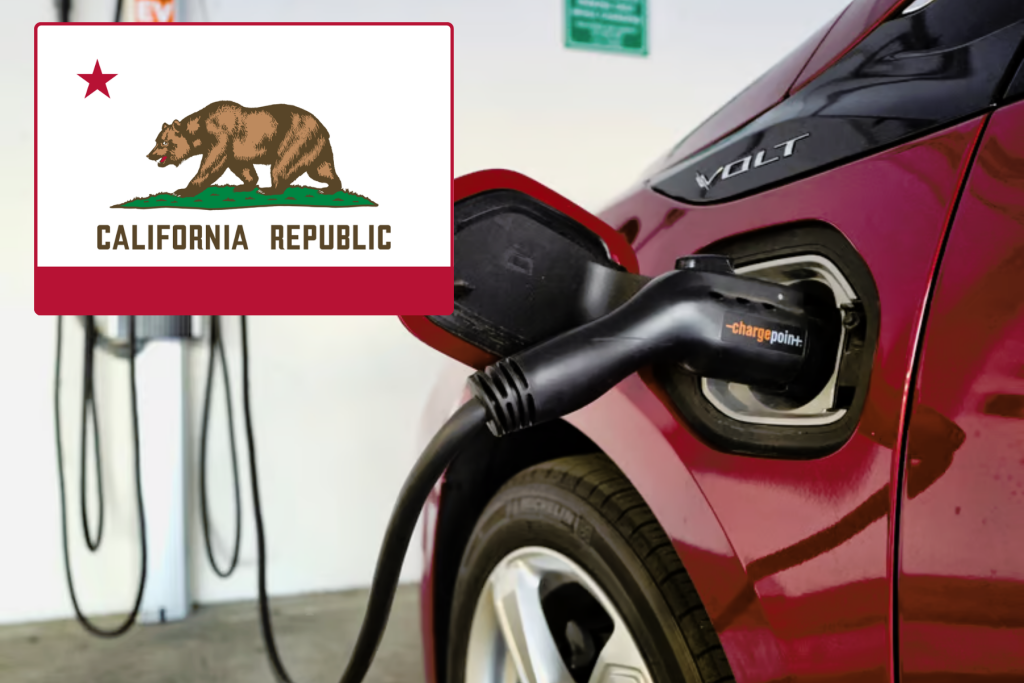
The state’s low-carbon fuel standard, implemented in 2011, incentivizes the production of lower-carbon fuels, such as ethanol and renewable diesel.
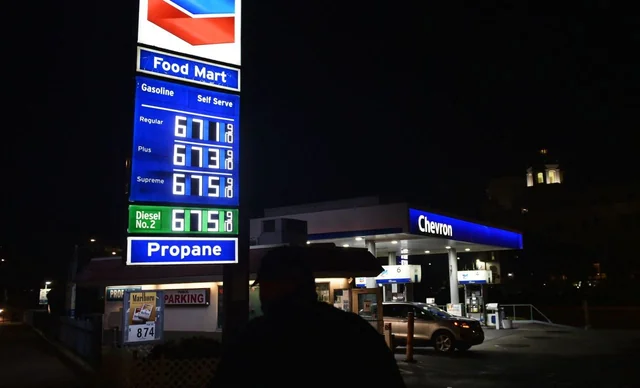
However, the proposed update could lead to deeper cuts in allowable greenhouse gas emissions, driving up fuel prices across the board.

Critics worry that this could disproportionately affect working-class motorists who can’t easily switch to electric vehicles. The delay in a planned vote on the proposal suggests revisions may be on the horizon.

While the California Air Resources Board disputes the extent of potential price increases, projections indicate a substantial impact on pump prices. Gasoline prices could rise by as much as 47 cents per gallon next year and even more in subsequent years.
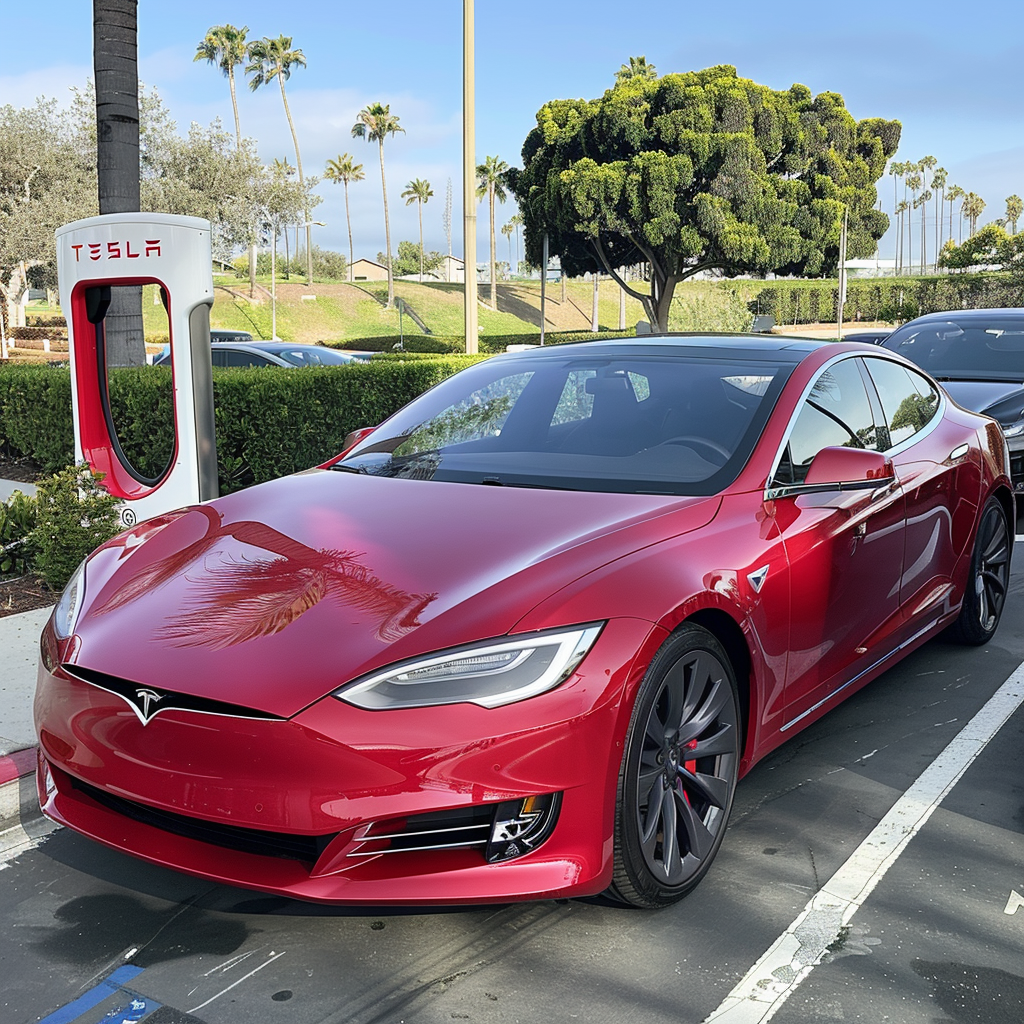
The proposed overhaul aims to help California meet its ambitious climate targets, including significant reductions in greenhouse gas emissions. Proponents argue that higher fuel costs could drive more drivers towards electric vehicles, aligning with the state’s broader efforts to transition away from fossil fuels.
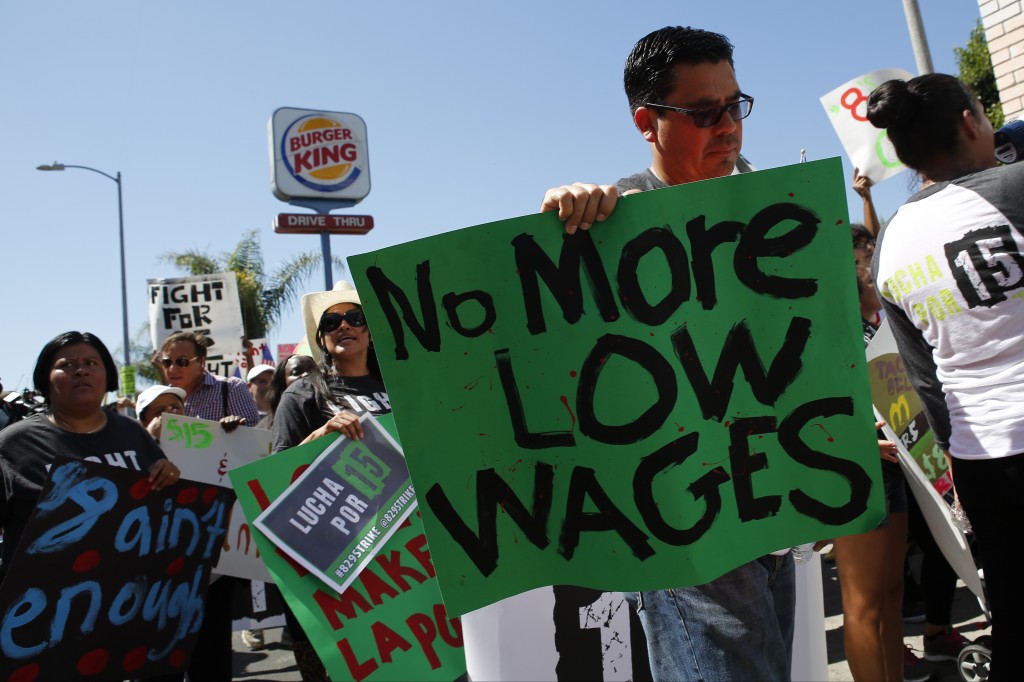
However, concerns remain about the immediate financial strain on disadvantaged communities, who spend a larger share of their income on transportation fuels. While the proposed changes include provisions to support low-income and disadvantaged communities, skepticism remains about their effectiveness.

The low-carbon fuel standard has driven significant growth in alternative fuels, but questions persist about its impact on gasoline prices and the accessibility of clean transportation options for all Californians.

Balancing environmental goals with economic equity remains a challenge for policymakers.

